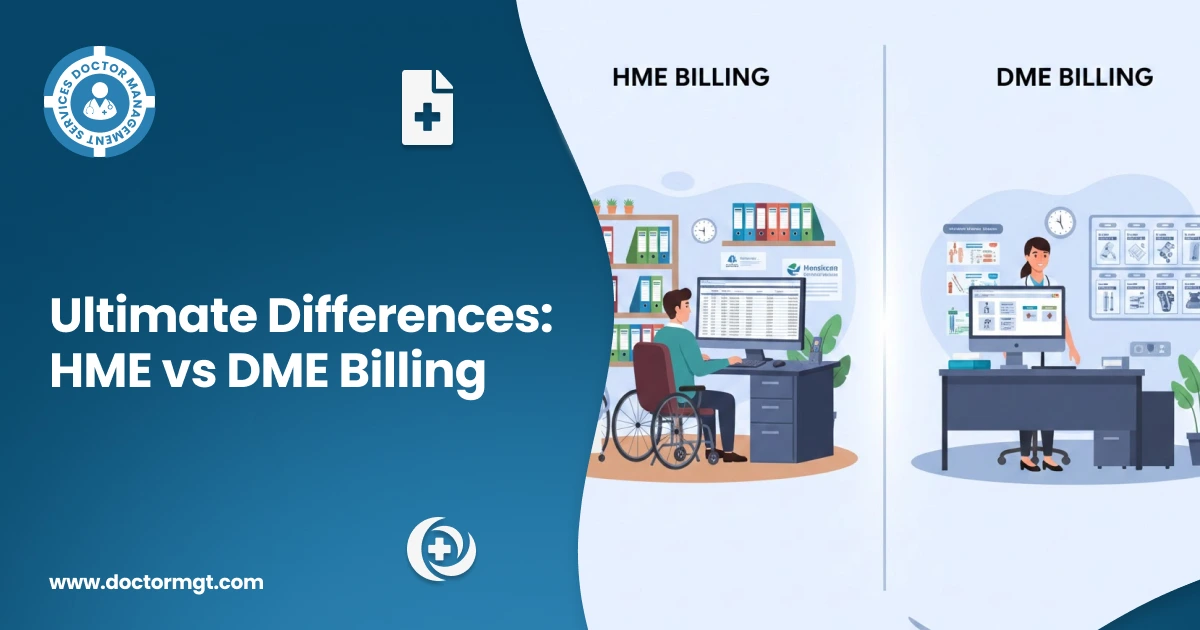A prevalent concern among users of Social Security Disability Insurance (SSDI) is that their monthly disability benefits may be adversely impacted by their workers’ compensation assistance. It’s true that private disability benefits, including pensions or insurance, have no bearing on your SSDI; but, certain public benefits may lower your monthly disability award.
In case of workplace injury, the victim definitely qualifies for workers’ comp benefits but getting Social Security Disability (SSDI) benefits additionally is in question. In workers’ compensation, the victim demonstrates with all supporting evidences that he was injured on the job. On the other hand, to qualify for SSDI the injured person has to prove that he is incapable of working in any capacity before receiving the benefits.
What is Workers’ Compensation?
To explain it in simpler terms, workers’ compensation is a form of insurance where employers bear expenses for employees who suffer injuries or illnesses as a result of their work. When an employee becomes ill or injured at work, the company starts accruing workers’ compensation benefits.
The purpose is to provide benefits to injured workers to assist in their medical care, lost income, and rehabilitation. In case of serious injury, a worker may also be eligible for disability benefits if the injury causes short-term or permanent disability.
Injured employees might receive:
- Payment of medical expenditures
- Death Benefits
- Lost Wage
- Permanent Partial or Total Disability Compensation
- Vocational Rehabilitation
Employers can fund these benefits in either of three ways:
- Obtaining coverage from a state-run insurance fund
- Purchase a policy from an approved private insurance carrier
- Self-insuring (practiced primarily by major established firms)
What is Social Security Disability Insurance (SSDI)?
For those who “cannot engage in any substantial gainful activity by reason of any medically determinable physical or mental impairment which can be expected to result in death or which has lasted or can be expected to last for a continuous period of not less than 12 months,” Social Security Disability Insurance (SSDI) is a crucial safety net program.
The Social Security Administration (SSA) introduced the SSDI program, which guarantees that qualified people get financial aid to cover their essential expenses and maintain a respectable standard of living.
Social Security Disability Insurance (SSDI) benefits may be available to you if you are disabled, even if your condition is not the result of an injury sustained at work. But to get them, you need to qualify for SSDI.
Your former income will determine your benefits if you qualify for SSDI. How severe your impairment is, will not influence your entitlement. Your average monthly salary during your working career is the basis for the calculation. Here, eligible disability and an adequate work history are two factors necessary to qualify for SSDI.
1. Eligible Disability
The Social Security Administration (SSA) defines an eligible disability as:
- have a disability that limits you from performing your previous employment, either mental or physical
- cannot perform any other kind of meaningful, profitable employment
- possess a medical ailment that has persisted for at least a year or is predicted to persist.
2. Work History
To qualify for SSDI, you must have enough work credits and a suitable job history. You acquire workers’ credits by earning a minimum wage or self-employment revenue each year. The amount required to get one work credit changes every year.
The number of work credits prerequisite for SSDI benefits hinges on your age when you become disabled.
| Age of Disability | Required Work Credits to be Eligible for SSDI |
| Under 24 | 6 credits in the 3 years before the disability began |
| 24 – 30 | Credits covering 1/2 of the time between the age of 21 and the age of the disability |
| 31 or over | At least 20 credits in the 10 years immediately preceding the disability |
Can I Get Disability After Workers’ Comp Settlement?
In a nutshell, when a patient has a serious workplace injury and cannot return to work even after the conclusion of a workers’ compensation claim, until he requires further treatment, qualifies for Social Security Disability Insurance.
Remember, the value of workers compensation billing settlement can adversely affect the monetary benefit of Social Security Disability Insurance. First of all, as per the Social Security Administration, the claimant’s workers’ comp settlement should be less than 80% of its average current earnings to qualify for SSDI.
Further, in the case where the injured employee is fortunate enough to get a worker’s comp settlement on the higher side, the benefit of the SSDI award could be reduced.
Should I Apply for Social Security Disability Before or After Worker Comp Settlement?
The core intention behind the SSDI is to safeguard the interests of those people with permanent disabilities. Keep in mind that a permanent disability indicates only such situations where the disability lasts at least a year.
In such instances, the patient can pursue Social Security Disability after a workers’ compensation settlement. However, the Social Security Administration has an “offset rule” that applies when a patient has both coverages, workers’ compensation and SSDI. Federal law sets your total compensation at 80% of your average current wages if you receive SSDI benefits in addition to a workers’ compensation settlement.
The SSA will offset, or lower, your SSDI payments to keep you from getting more than this. That offset will only diminish your SSDI benefits. The SSDI offset is not allowed to lower your workers’ compensation benefits if they ultimately exceed 80% of your previous average wages.
How Does a Lump Sum Settlement Affect Social Security Disability?
The Social Security Administration cannot allow people who are eligible for both benefits to receive the maximum amount of each, regardless of whether they receive workers’ compensation benefits in a lump sum or installments. Workers’ compensation and SSDI payments should not total more than 80% of a person’s average earnings before becoming ill or injured.
Generally speaking, an individual’s SSDI benefits will be reduced by the excess amount if the overall benefits exceed 80% of their normal pre-disability wages. A benefit offset is when SSDI benefits are reduced by the amount required to satisfy the federal 80% maximum requirement. In order to stop SSDI recipients from “double-dipping,” or receiving payment for the same lost wages from two separate programs, the SSA applies an SSDI offset.
When a worker has a disabling illness or injury, SSDI benefits allow workers who have paid into the system to get financial support that replaces a portion of their wages or pay. Benefits recipients under workers’ compensation insurance also receive money meant to make up for lost wages. To prevent beneficiaries from receiving more than 80% of their regular income, one benefit payer will have to reduce the benefit payment.
If you suffer a long-term disability after a workers’ comp settlement, the SSA takes into consideration the likelihood that eligible SSDI claimants will accept lump-sum workers’ compensation settlements when calculating the offset of SSDI payments. Converting the settlement into monthly installments is a standard method of offsetting SSDI payouts. The agency applies the SSDI benefit offset for that number of months after dividing the lump sum by the person’s regular payments.
Let’s Conclude It
Balancing between workers’ compensation and SSDI involves strategy and a good understanding of the laws that govern them. The loss of SSDI benefits due to your workers’ comp settlement, particularly with your work income restriction at 80%, underscores the need for sound workers compensation collection strategies.
Thus, professional assistance and information can help you cope with this rather complicated process and receive the necessary funds during difficult times.







